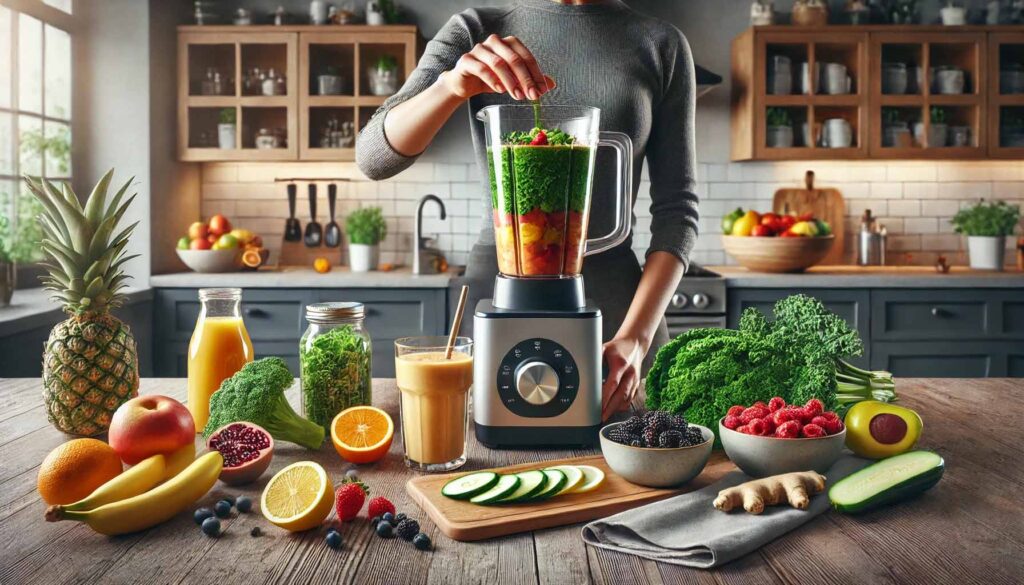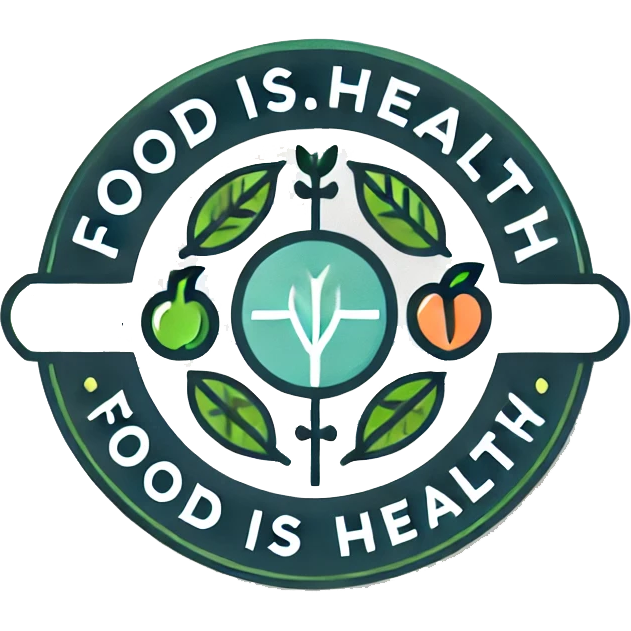Juice cleanses have become a popular trend among people looking to detox their bodies, lose weight quickly, or jumpstart a healthier lifestyle. You might have seen influencers on social media raving about their juice cleanse experiences, claiming it left them feeling more energized, lighter, and healthier. But before you jump on the juice cleanse bandwagon, it’s important to understand what they are, how they work, and whether they’re really as beneficial as they’re made out to be.

What is a Juice Cleanse?
A juice cleanse is a type of diet that involves consuming only fruit and vegetable juices for a certain period, usually ranging from one to five days, but sometimes longer. The idea is to give your digestive system a break while flooding your body with vitamins, minerals, and other nutrients found in fruits and vegetables. People often use juice cleanses to detoxify their bodies, lose weight, or reset their eating habits.
Are Juice Cleanses Effective?
The effectiveness of juice cleanses can vary depending on what you’re looking to achieve. Let’s break down the most common reasons people turn to juice cleanses and whether they actually deliver on their promises.
1. Weight Loss
One of the main reasons people try juice cleanses is to lose weight quickly. Since juice cleanses drastically reduce your calorie intake, you might see the number on the scale drop during a cleanse. However, this weight loss is mostly due to water weight and the loss of muscle mass, not fat. Once you resume your regular diet, the weight often comes back, sometimes even more than before. So, while you may see quick results, juice cleanses are not a sustainable weight loss solution.
2. Detoxification
Another common claim is that juice cleanses help detoxify your body. The idea is that by consuming only juice, your body gets a break from digesting solid foods and can focus on eliminating toxins. However, the body already has its own natural detox system—your liver, kidneys, and digestive system all work together to filter out harmful substances. There’s no scientific evidence that juice cleanses enhance this process. Instead, a balanced diet rich in whole foods, fiber, and water supports your body’s detoxification system more effectively than a juice cleanse.
3. Boosting Energy and Mental Clarity
Some people report feeling more energized and mentally clear after a juice cleanse. This could be because they are consuming more vitamins and minerals than usual or because they are avoiding processed foods, sugar, and caffeine. However, these effects are often temporary, and any energy boost you feel might be short-lived. Additionally, a juice cleanse can lead to low blood sugar levels, which might leave you feeling tired, irritable, or even dizzy.
4. Resetting Your Diet
Many people use juice cleanses to reset their diet, particularly after a period of unhealthy eating. While a juice cleanse might help you break the cycle of overeating or junk food cravings, it’s important to transition back to a balanced diet afterward. Simply returning to your old eating habits after a cleanse can negate any benefits you might have experienced.
What Should You Know Before Trying a Juice Cleanse?
If you’re still considering a juice cleanse, here are some important things to keep in mind:
1. Nutritional Deficiencies
Juice cleanses often lack essential nutrients like protein, healthy fats, and fiber, which are important for maintaining muscle mass, supporting brain function, and keeping you full. Without these nutrients, you might experience fatigue, muscle loss, and other health issues. If you decide to try a juice cleanse, it’s important to ensure that you’re not putting your health at risk by going too long without these vital components of a balanced diet.
2. Blood Sugar Spikes
Fruit juices, in particular, can be high in sugar, leading to spikes and crashes in your blood sugar levels. This can be especially problematic if you have diabetes or other blood sugar-related conditions. Even if you don’t, these spikes can leave you feeling jittery or tired, and they can also increase cravings for unhealthy foods once the cleanse is over.
3. Potential Side Effects
Juice cleanses can lead to several side effects, including headaches, dizziness, fatigue, irritability, and digestive issues like bloating or diarrhea. These symptoms are often due to the low calorie and nutrient content of juice cleanses. If you experience severe or prolonged side effects, it’s important to stop the cleanse and consult a healthcare professional.
4. Temporary Results
As mentioned earlier, the results of a juice cleanse are often temporary. While you might lose weight or feel more energized during the cleanse, these benefits typically disappear once you resume your normal diet. For long-term health and weight management, a balanced diet and regular exercise are more effective and sustainable strategies.
5. Cost
Juice cleanses can be expensive, especially if you’re buying pre-made juices from a company. Even if you’re making your own juices at home, the cost of buying large quantities of fresh produce can add up quickly. Before starting a juice cleanse, consider whether it’s worth the financial investment, especially given the temporary nature of the results.
Conclusion: Are Juice Cleanses Worth It?
Juice cleanses can be tempting, especially when you’re looking for a quick fix to lose weight or reset your diet. However, it’s important to weigh the potential benefits against the risks and temporary nature of the results. Instead of relying on a juice cleanse, focus on creating a sustainable, balanced diet that includes a variety of whole foods. This approach is more likely to support long-term health and wellness without the potential downsides of a juice cleanse.
If you do decide to try a juice cleanse, do so with caution, and be mindful of how your body responds. Remember, the best way to support your health is through a balanced diet, regular exercise, and listening to your body’s needs.
By focusing on a sustainable and balanced approach to health, you can achieve long-term wellness without relying on potentially risky trends like juice cleanses.
Make sure to check out more articles in our News & Views section. Feel free to reach out any time to collaborate with Food Is Health on projects which help people heal through natural food & nutrition.
Organic vs Conventional Food | Food Preservatives & Additives | Anti-Inflammatory Diets | Gut Health & Probiotics | Plant-Based Diets | Detox Diets & Cleanses | Food Allergies & Sensitivities Functional Foods | Sustainable Eating & Food Waste | Ag Related Topics | Popular Topics
